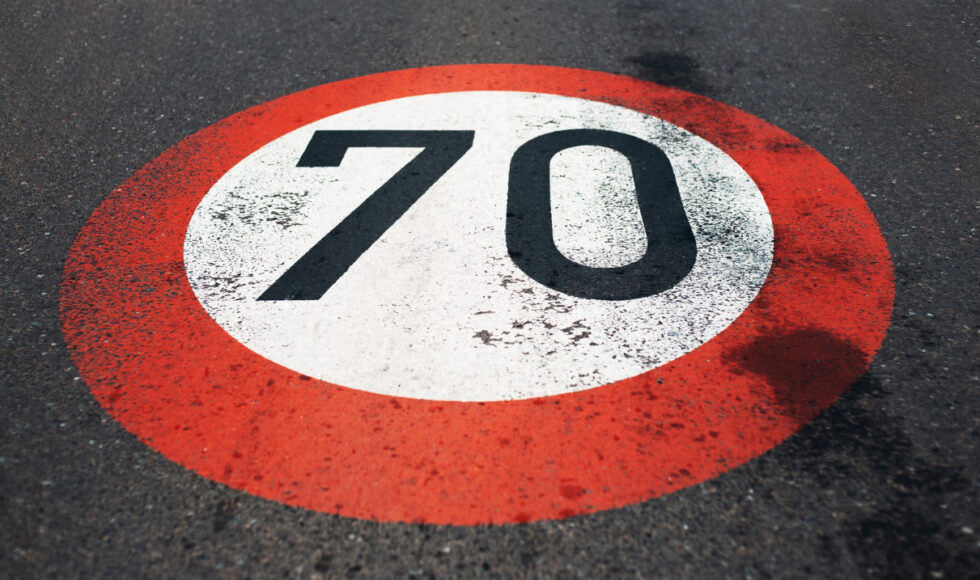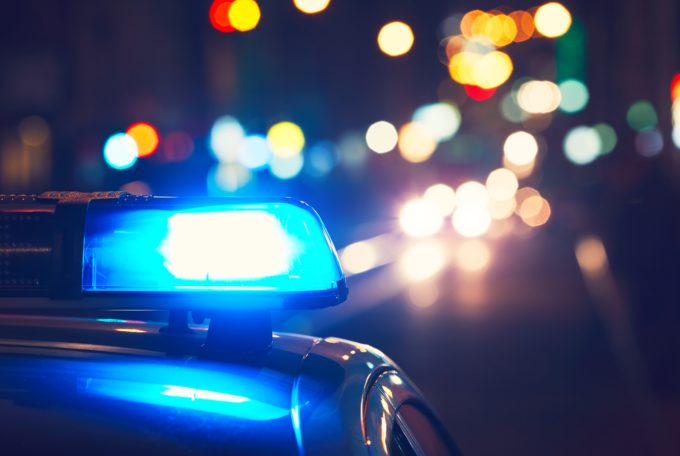Speeding tickets aren’t always as simple as they seem. You see flashing lights in your mirror, an officer hands over a ticket, and you’re told you were going over the limit. But many drivers don’t realize that radar guns, the devices police often use to measure speed, aren’t foolproof. A small mistake with the equipment or how it’s used can result in a ticket that doesn’t reflect what actually happened.
If you’ve gotten a speeding ticket in Louisiana and something feels off, it might be worth looking into how the radar reading was done. Radar gun errors do happen, and they can be a key part of your defense. Knowing how these devices work, what can go wrong with them, and what signs to look out for may give you an advantage when it’s time to fight that ticket.
Understanding Radar Gun Errors
Radar guns are tools that officers use to measure how fast a vehicle is moving. A standard device sends out radio waves, which bounce off a car and return to the gun. Based on how quickly the waves return, the gun gives a reading of the car’s speed. Sounds simple, but there are plenty of chances for that reading to be wrong.
Here’s how radar gun errors can happen:
– Calibration issues: The device needs to be checked and calibrated regularly. If it wasn’t, the reading might be off.
– Operator mistakes: Officers need proper training to handle radar guns. If the angle is wrong or the wrong car is targeted, the result could be inaccurate.
– Malfunctioning equipment: Like any electronic tool, radar guns can glitch. Faulty parts, low battery, or worn-out components can give false numbers.
– Signal interference or reflection: Bridges, signs, and nearby vehicles can reflect the radar signal, throwing off the reading.
– Weather problems: Rain, fog, or glare from the sun can interfere with radar waves and affect how accurately they bounce back.
Officers rely on these devices daily across Louisiana, but even small oversights in how or when they’re used can lead to mistakes. These errors might be technical, environmental, or human, but any of them can lead to a ticket that simply isn’t accurate.
Signs That Your Speeding Ticket Might Be Due To Radar Gun Errors
It’s not always obvious when a reading is wrong, but there are a few red flags you can watch for. The details surrounding the stop may help you raise reasonable doubt.
Be alert to these possible clues:
1. Sudden speed change: Let’s say you were speeding for a short stretch to pass someone, then slowed back down. If your vehicle was clocked during that brief moment, the number could be misleading.
2. Similar cars nearby: If your car was close to another vehicle, especially one similar in shape or size, it’s possible the officer clocked the wrong target.
3. Big vehicle interference: Were there trucks or trailers nearby? Larger reflective surfaces can mess with radar signals and cause ghost readings that don’t belong to your car.
4. Disagreement with your GPS: Some drivers examine the speed data from apps or navigation devices, and while those aren’t perfect either, a major difference between your tracking and the officer’s reading is worth questioning.
5. Unrealistic speed for your vehicle: If the speed on the ticket is something your car can barely manage in normal conditions—like hitting 90 miles per hour in a short area—there’s definitely something to explore.
Here’s a situation we’ve seen: A driver near Slidell is pulled over in light traffic and told they were going 82 in a 65. They had just merged from a ramp and barely touched the gas pedal. It had rained earlier, and there were reflective road signs nearby. That moisture and metal may have bounced the radar signal, leading to an inflated speed reading.
Looking for signs like these can help you figure out if the radar’s number was off. The earlier you recognize them, the better your shot at fighting the charge.
How To Gather Evidence Of Radar Gun Errors
If it feels like your ticket might’ve come from a radar gun mistake, you’ll need to collect proof to support that claim. Courts don’t go off opinions alone. Concrete evidence can be the difference between a dismissal and a fine.
Here are ways to start building your case:
– Dashcam footage: This might show your speed, the road layout, traffic, or even the moment the officer pulled you over.
– Witness statements: If someone was riding with you or saw the stop happen, their insight can confirm your speed or driving behavior.
– GPS speed logs: Some apps and navigation systems log vehicle speed over time. This could help show a consistent speed lower than what the ticket states.
– Car performance data: Think about how fast your vehicle typically goes in certain conditions. If the claimed speed is far beyond its normal capability, make note of that.
– Radar gun maintenance records: These show when the device was last tested or serviced. If it wasn’t maintained recently, that raises doubt.
– Road and weather conditions: Take pictures of where you were pulled over, especially if the location includes curves, overpasses, or signs that might reflect radar waves. Weather reports can back up rain or fog claims.
Gathering this kind of information might take some effort, but even a few reliable pieces of evidence can help build doubt around the reading and give your case more weight.
Why A Louisiana Speeding Ticket Attorney Matters
Taking on a speeding ticket might sound simple at first, but the system can be tricky. A traffic ticket attorney who knows Louisiana law brings advantages even if your situation looks minor.
Here’s what an experienced attorney will help with:
– Checking calibration logs and certification records on the radar device.
– Reviewing the officer’s training to determine if they used the equipment correctly.
– Pinpointing weather or location-based issues that may skew readings.
– Finding inconsistencies in the ticket or the stop.
Attorneys also understand the process of requesting official documents, like maintenance logs or training records. They know how local courts handle traffic claims and can help you present your case clearly.
Having someone take the legal lead makes things less stressful and improves your chances. Fighting this on your own is doable, but it gets easier—and more effective—with support from someone who’s done it many times before.
Making the Best Case in Traffic Court
After gathering everything you need, your next stop is court. That idea alone can be nerve-wracking, but being prepared will help you stay focused and confident.
Use these tips to get through it smoothly:
1. Bring a folder with everything you’ve collected: photos, documents, GPS logs, and anything related.
2. Make notes and practice what you want to say. Keep it short and stick to the facts.
3. Stay respectful. Speak calmly, even if something feels unfair or wrong.
4. Dress neatly and present yourself in a way that shows you respect the court.
5. Let your attorney speak for you, if you have one. They know how to approach questions and respond properly.
Judges want to hear both sides. If you can present your facts clearly and show legitimate concern about faulty radar readings, it could lead to a reduced fine or even a tossed ticket. Just remember to stay organized and let your preparation do the talking.
Radar Gun Mistakes Can Cost You—But They’re Defensible
Radar gun errors can and do happen all over Louisiana. They might come from bad weather, overlooked maintenance, poorly aimed equipment, or plain old user error. Whatever the cause, they can result in speeding tickets that don’t truly reflect how fast you were going.
If your ticket feels off, don’t ignore your instincts. Take a hard look at how, where, and when you were pulled over. Pay attention to details and start collecting evidence as soon as you can. And most importantly, get help from someone who knows how to use that information in a courtroom.
You don’t have to accept a bad radar reading just because it came from a machine. With the right approach, you can challenge it and protect your driving record from unnecessary harm.
If you’re facing the headache of speeding tickets and wondering how radar gun errors could affect your case, take the next step to protect your driving record. Learn more about how a strong speeding ticket defense in Louisiana can help ensure that unfair tickets don’t disrupt your life. Let LouisianaSpeedingTicket.com guide you through the process with expertise and care.



